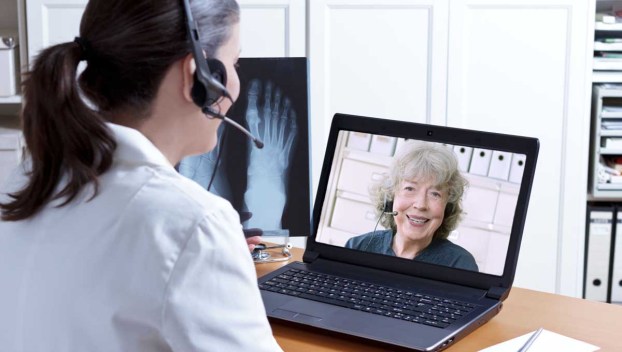
Cnhi Network
Health & Wellness: 4 ways telemedicine is changing the face of healthcare
It’s hard to believe that there was a time when over half of all doctor encounters happened in ... Read more

It’s hard to believe that there was a time when over half of all doctor encounters happened in ... Read more